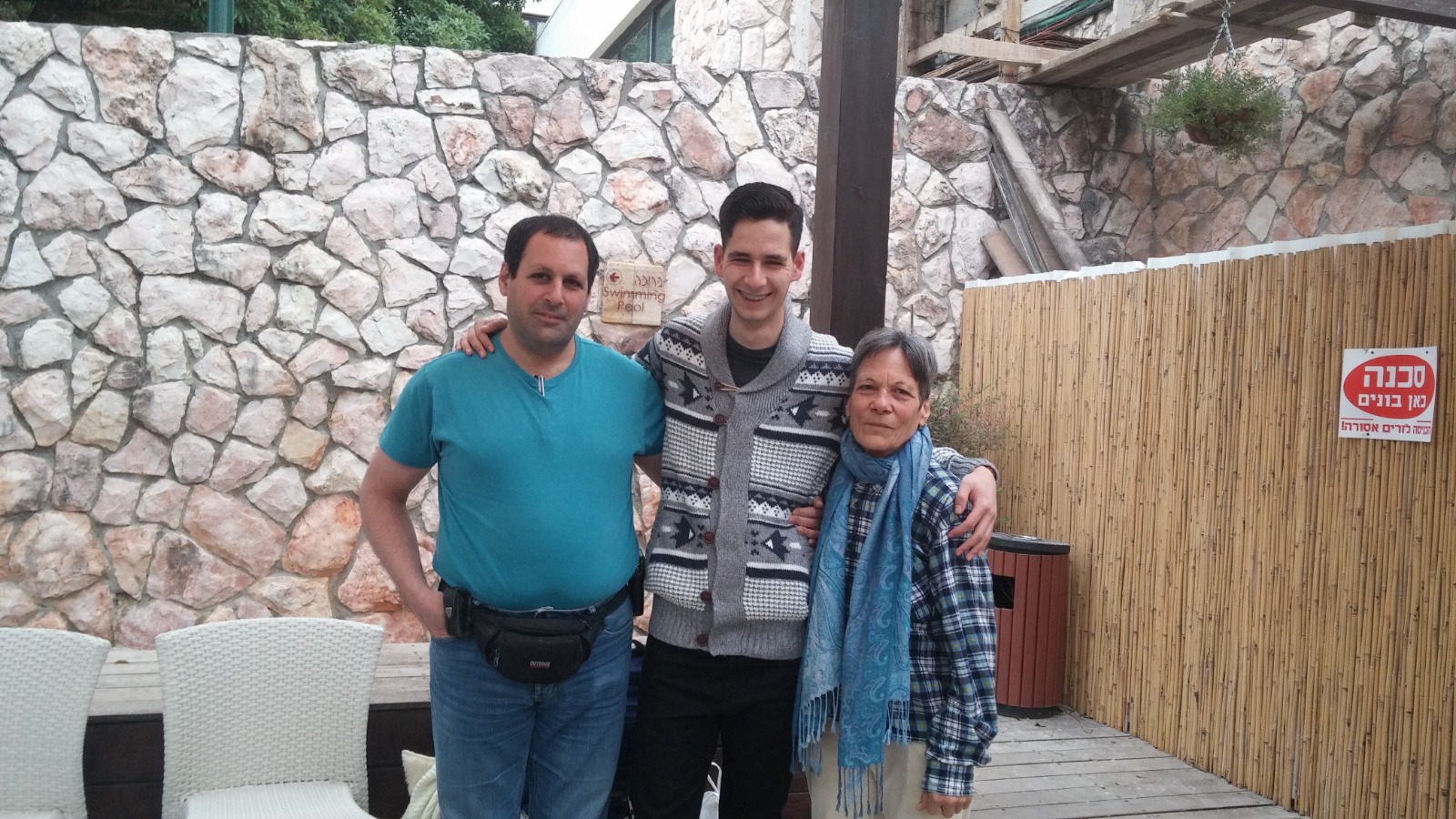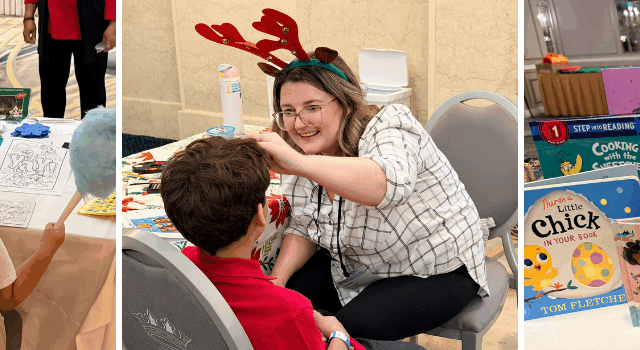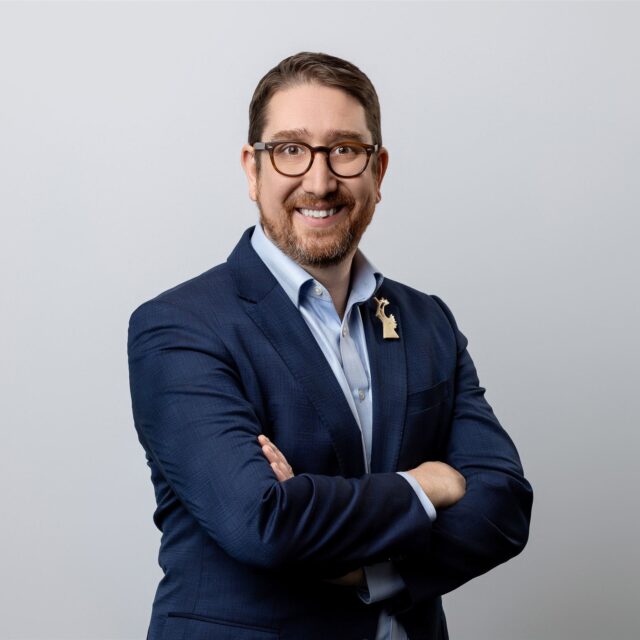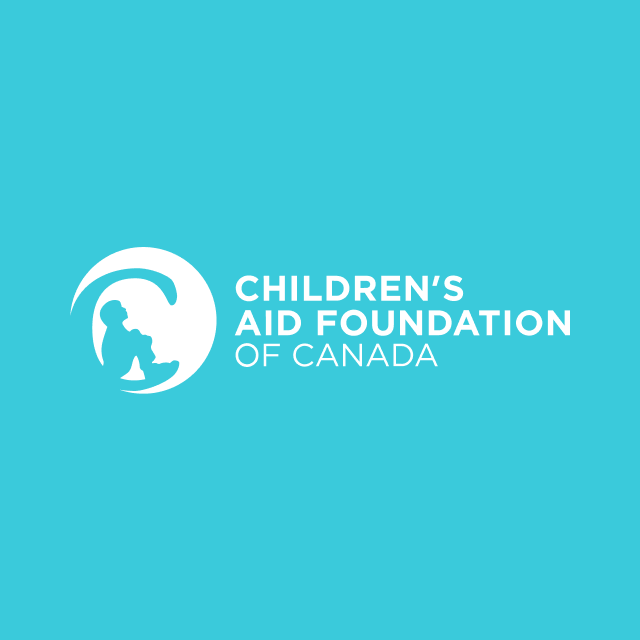For many youth from care, family is something they’ve built. The concept of “chosen family” is crucial – it represents the people who stand by us, support us, and create a sense of belonging that may not have come from traditional or biological family structures. Finding and embracing a chosen family can be both empowering and challenging, requiring trust, openness, and a redefinition of what family truly means. Tom, a former youth in care, shares his journey toward recognizing that love, care, and connection can come from many places.
As a former youth in care, what does family mean to you?
It’s the difference between simplicity and complexity – most people would say “it’s my mom or my dad or my grandma.” And I think most foster kids go through that as well – the first connection would be biological parents. But then it can be complex. What is my connection to them? Do they make up a family? Are they someone that is even in my life?
For me, my biological parents were not safe so I don’t consider them family, but I do consider my grandparents and some of my cousins as family. It becomes fragmented. The sense of family becomes placed a little bit in everyone I feel connected to.
How have you adapted the definition of family to include the village that supports and champions you?
I think it really is a village that makes a family, but it’s very difficult because in order to accept that the village is your family, you have to accept that the traditional nuclear family is not there for you. I spent a lot of time really hoping that somehow the nuclear family could work.
And it’s also scary. When I was considering my village, I thought of my best friend. I view her as family. But what if I tell her that I see her not just as a friend, but my sister? What if she says no? It’s very scary to go through the process of transitioning from traditional family to recognizing the village as family and the fear that the village won’t want us.
How has your experience in care influenced your perspective on family and how you define it?
From being in foster care myself, I realized that a foster agency’s definition of family is very systematic. In my case, my biological mother tried to take my life and the system knew that this was an issue because there were multiple offenses, but to the system, biological family is the core and most important so the focus was on trying to reconcile even if that’s not that necessarily what I wanted. My refusal to see my biological mother required a therapist writing documents that veto court judges, appeals that would override the authority that social workers had. I learned through being in foster care, that family isn’t a predetermined concept but rather it’s a choice you get to make.
Can you share a little bit of your journey towards building your own sense of family and support systems?
Since I study psychology and had a background in mental health, I first tried to use labels and definitions to develop and construct what family would be. Now, what has really eased me into recognizing who my family is, is replacing those structures and definitions with doing what most people do in a nuclear family – it’s about feeling. If I feel connected to this person, then that’s how I define who my family is. Part of the restructuring I had to do is feeling my way to who feels like my family.
What role, if any, has the Foundation (perhaps through our Young Persons Advisory Council [YPAC] or through a program) played in helping you build community or sense of family?
Programs like PARC provide a very vital cornerstone for a lot of things that happen within a family. We’ll eat dinner together and talk about how our week is going. A lot of conversations that are naturally occurring in a family get reintroduced at a place like PARC. So, for example, workers will make sure that I’m following through on my social commitments and doing things that are common for young people like going out and having fun. They’ll ask genuinely caring questions like, “I heard you loved Starbucks; did you have a chance to give their new drink a chance?” “I had a chance to listen to the song you suggested. It’s a beautiful song. I’ll have to add it to my playlist.” Kind of small and specific questions make us feel valued as people, as human beings — questions that make even the smallest parts of us feel valued and important. They provide consistency where there’s always guaranteed support. There’s never been an instance where I felt I could only reach out if there’s something wrong or if I have something I need help with.
Or, for example, I was first connected to a housing support worker. But if I reach out to her now to say, hey, I didn’t do well on a test and I feel bad, she’s not going to say, “well, sorry, that’s not my department.” She’ll still listen and care.
It’s the same thing with YPAC. We connect and we share; we have these values and we connect with other like-minded people.
Do you have any advice to any other youth in care who may be struggling to find a sense of community?
First, remember that the struggle is not unique to you. It can feel like you’re the only one going through this because many people don’t have to go through it, but you’re not alone. The struggle you’re feeling isn’t abnormal. You shouldn’t feel guilty for it, and it’s not you that is at fault. I wish I had realized I wasn’t struggling alone earlier so I could have asked others how they are overcoming this behemoth of a challenge and to remember I am not alone. You are not alone, and you can overcome the behemoth. You’re deserving and worthy of help so don’t be afraid to ask.
I think it was really difficult for me to realize that a big part of finding a family is people finding you and people letting you know that you are important to them and that you’re part of their family. They will come to you when the space is open for it.



